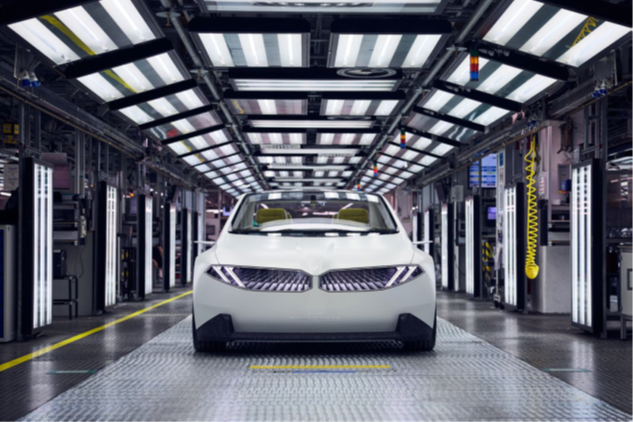The Automotive Business Council has welcomed the announcement made by the Minister of Finance, Enoch Godongwana during his Annual Budget Speech 2024 to support the transition to electric vehicles [EVs] through a strategic and investment driven plan.
“Recognising the global shift towards sustainable mobility solutions, we welcome government’s forward-looking strategy to promote the production of EVs in South Africa” said Mikel Mabasa, naamsa CEO.
“A notable component of the Minister’s announcement is the introduction of an investment allowance for new EV investments, set to commence in March 2026. This allowance enables businesses and investors involved in EV production to claim 150% of qualifying investment spending in the first year. This financial incentive is a crucial step in attracting investments, fostering innovation, and driving the growth of the EV sector within South Africa. We welcome government’s decision to reallocate funds to specifically support the transition towards new energy vehicles because this demonstrates a commitment to provide the necessary fiscal support for the development and adoption of EVs, aligning with global efforts to reduce carbon emissions and promote sustainability,” said Mabasa.
The investment allowance for EVs is highlighted as a complementary initiative to the existing Automotive Production Development Programme [APDP]. While this synergy underscores the government’s holistic approach to supporting the automotive industry, the composition of APDP post the investment phase remains a critical lever in ensuring the transitioning from traditional internal combustion engines to a dual platform that includes electric vehicles by 2035.
Industry support and critical considerations
While naamsa welcomes the progressive steps in the right direction, Mabasa said the industry will continue to engage with Government to carefully manage some of the challenges associated with the implementation of the APDP, especially concerning vehicles with limited local content due to the predominant location of battery production in Japan, South Korea, and China. In the short term, the existence of low local content necessitates Government’s consideration to support other key technologies such as traditional hybrids and plugin
hybrids. “We hope to compare notes around the adoption of an APDP rate specifically designed to cover instances of low local content and the exploration of effective strategies to address the adoption of locally produced EVs. The aim is to ensure that the advantages of the programme keeps the local industry globally competitive,” said Mabasa.
naamsa also said that the allocated R964 million should be viewed in the context of the average annual investments by OEMs, which currently stands at approximately R5 billion. While government’s commitment is evident and welcomed, it is important to recognise the scale of investments required by industry. This funding
should be seen as a significant initial step, with further collaborations and investments anticipated in the coming years. It is also important to note that the 2026 implementation rollout date for the investment allowance does not cover the pre-investment cycles before some of the production starts. naamsa will engage Government to address any potential gaps in the timeline, ensuring that the incentive framework aligns with the industry’s pre-production requirements.
Industry support for economic infrastructure and reforms
On other key areas that are mission critical for the automotive sector in South Africa, naamsa was pleased about the structural reforms outlined by Minister Godongwana in his budget speech. The Minister was not silent about urgent reforms required in areas of electricity supply, transport logistics, and infrastructure provision, which are crucial for the continued growth and sustainability of the automotive sector. naamsa recognises the announced attention to addressing challenges in the electricity sector, with a specific focus on reducing load shedding and improving energy security.
The impractical levels of load shedding experienced in 2023 had significant repercussions for the automotive industry, resulting in substantial financial losses and deferred investment funding. With annual losses reaching R200 million per OEM every six months, the industry is eager to see improvements which will enhance operational stability and drive future investments.
“The South African automotive industry is a key contributor to the country’s economy with exports exceeding R400 billion in 2023. We understand the importance of upgrading ports infrastructure, enhancing rail networks, and fostering private sector partnerships for efficient logistics operations. These improvements are essential for maintaining the industry’s competitiveness globally, and the sector is ready to collaborate with Transnet to make tangible systems improvements in our logistics,” concluded Mabasa.


